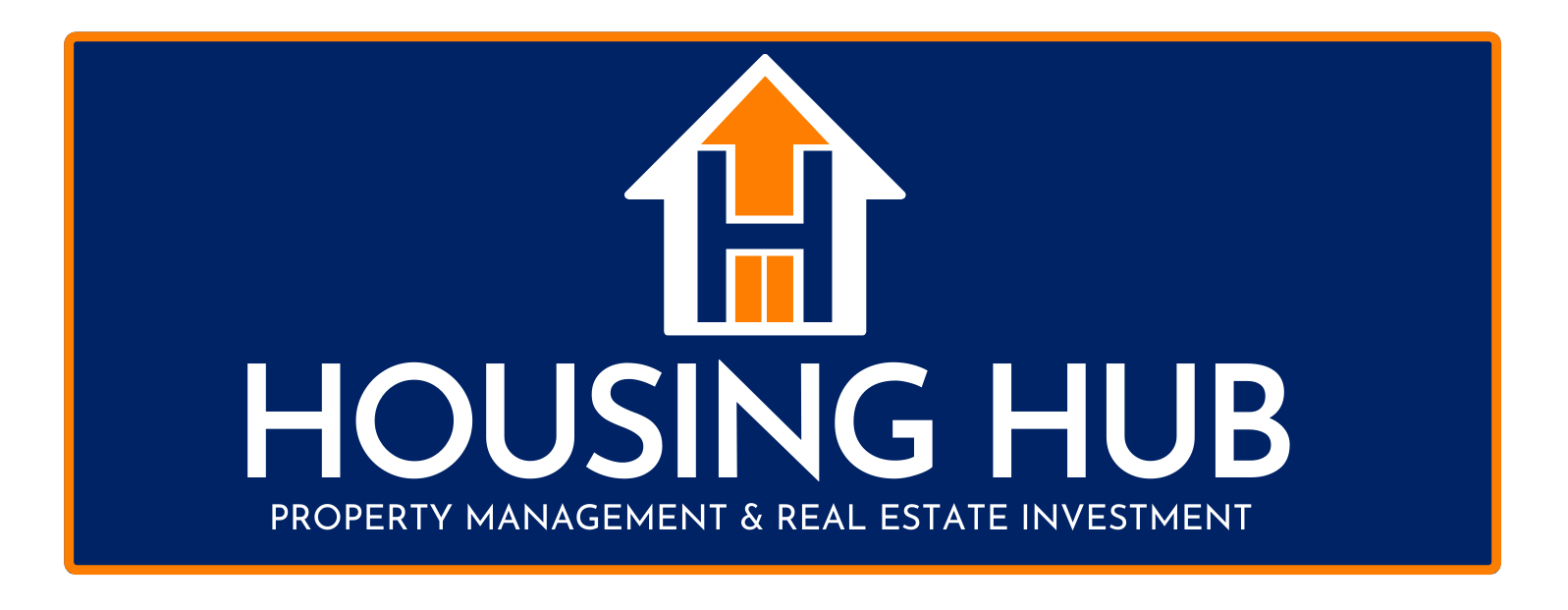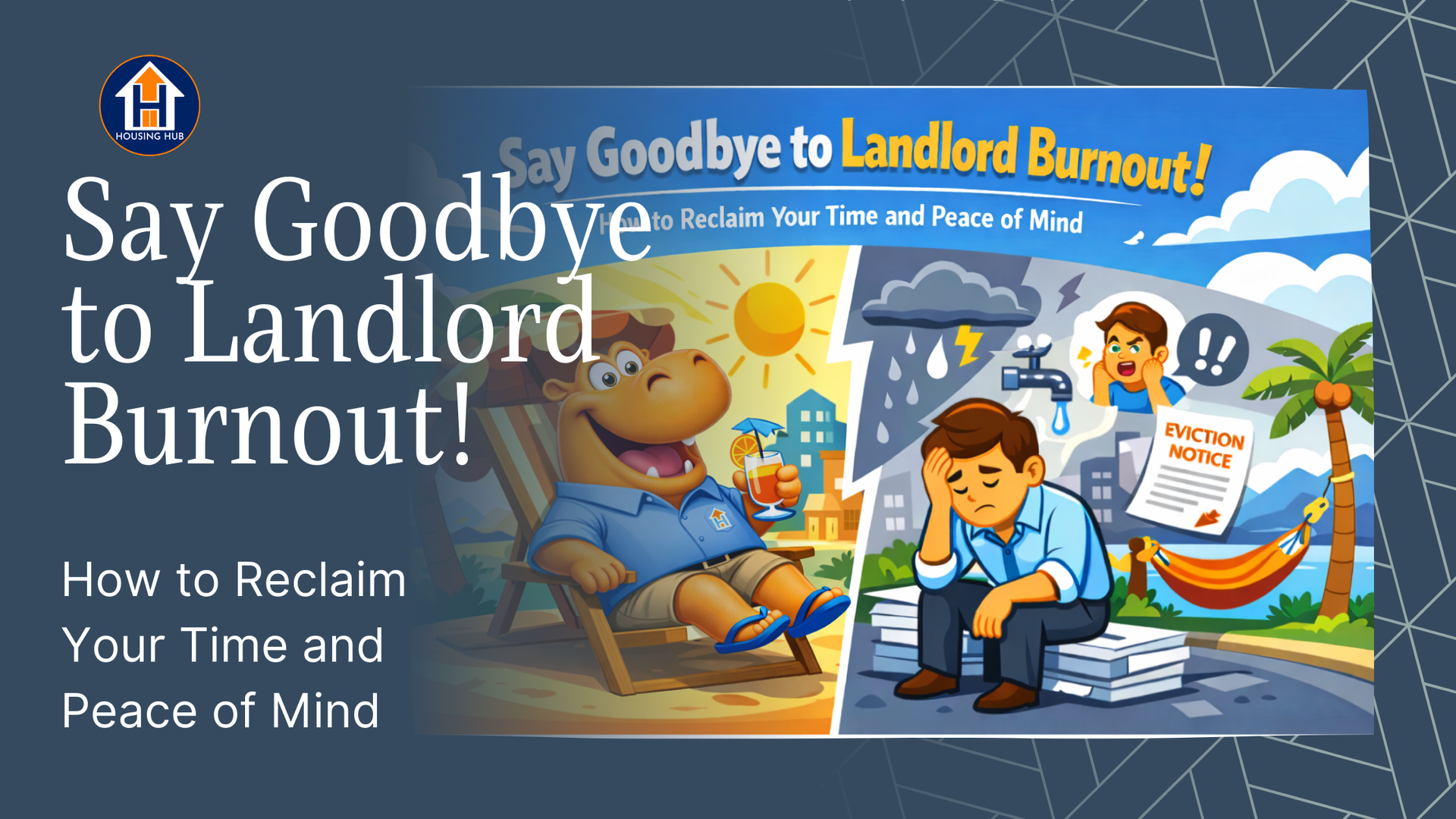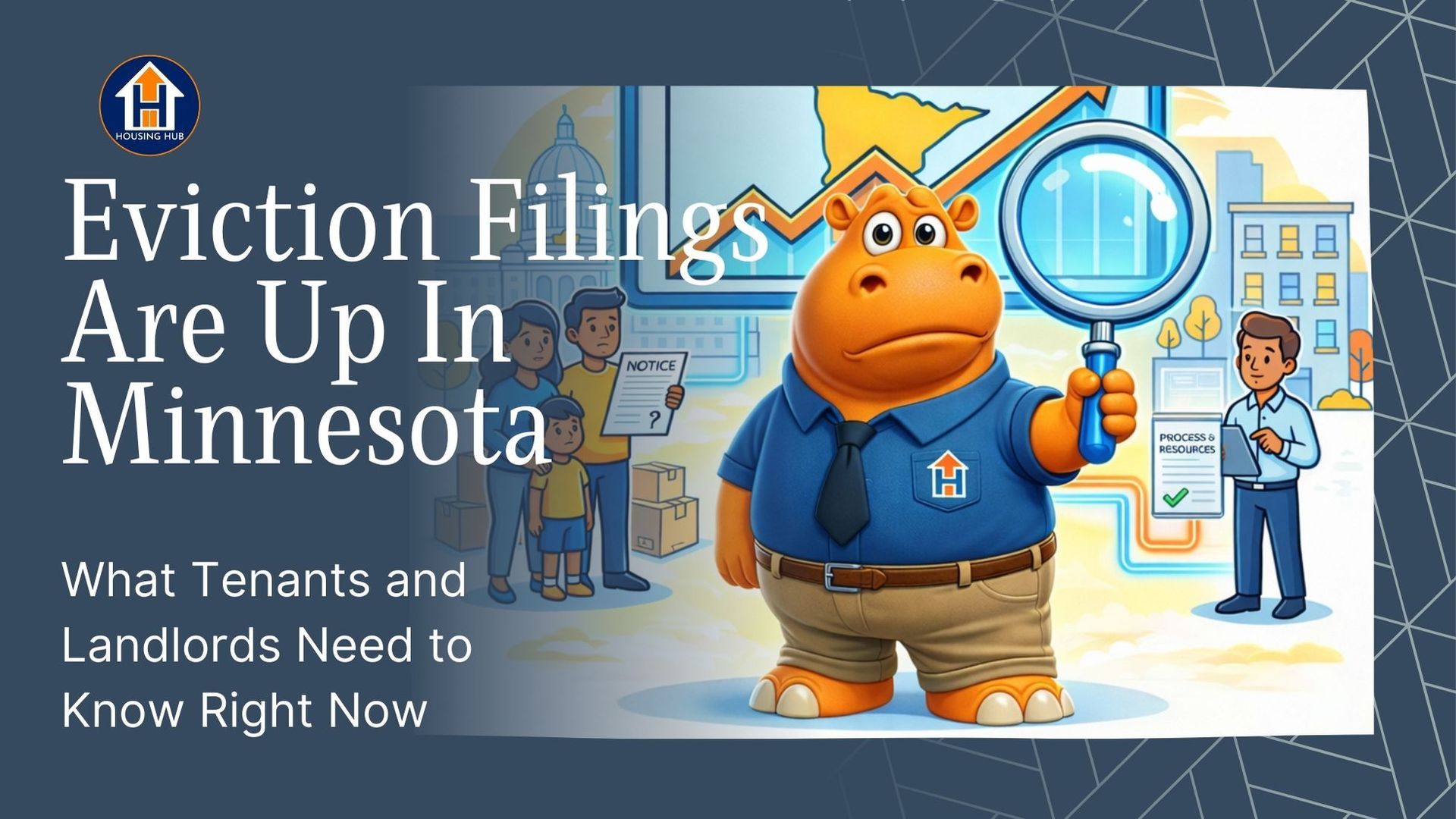Creating an Effective Rental Property Inspection Checklist
Whether you're a property owner or a tenant in St. Paul, the value of a well-maintained property can't be overstated. Having a thorough rental property inspection checklist is a key part of this upkeep. Regular inspections help catch small issues before they escalate, maintaining the property's condition and ensuring everyone involved is satisfied. A checklist acts as a guide, ensuring that every part of the property is given the attention it needs.
By focusing on effective inspections, property owners can reduce major repair costs down the line and keep their tenants happy. It’s a win-win situation that strengthens relationships and keeps homes safe and pleasant. The checklist is not just a list of tasks; it's a proactive approach to property management in St. Paul, ensuring safety, legality, and comfort for everyone who walks through the door.
Why You Need a Rental Property Inspection Checklist
A rental property inspection checklist serves as a roadmap for keeping a property in good health. By systematically going over each part of the property, owners can identify potential issues long before they turn into significant problems. For instance, what looks like a small leak today could become a huge repair job and a high water bill tomorrow. Spotting it early through a routine inspection could save a lot of hassle and money.
In addition to protecting the property, a well-used checklist boosts renters' satisfaction. When tenants see that landlords are committed to maintaining their living environment, it builds trust and encourages them to treat the property with care. This investment in goodwill can result in long-term tenants who respect the space as if it were their own.
Regular inspections also help ensure legal and safety standards are met. Safety features like smoke detectors and carbon monoxide detectors need checking for functionality during inspections. Not only do these checks make homes safer, but they also ensure that landlords comply with local property regulations. The checklist ensures these elements are reviewed consistently, avoiding oversight and promoting a safe, habitable home environment.
Key Elements to Include in Your Inspection Checklist
Creating an inspection checklist is about covering all the bases. It's about addressing each area that could present potential issues or maintenance needs. Here is a breakdown of the core elements:
1. Entryway and Exterior: Check door locks for reliability and examine windows for damages. Also, assess any potential exterior damage, like cracks in the foundation or problematic gutters that might lead to water drainage issues.
2. Interior Rooms: Examine walls, ceilings, and floors for any signs of water damage, cracks, or mold. These areas are often overlooked but can signify larger underlying issues that need attention.
3. Kitchen and Bathrooms: Inspect plumbing systems, making sure faucets, toilets, and appliances work correctly. Check for leaks around the base of fixtures which could indicate hidden plumbing issues.
4. Safety and Compliance: Make sure smoke detectors and carbon monoxide detectors are functional. Also, inspect for any structural issues that could pose safety risks over time.
5. Utilities and Systems: Review HVAC systems for efficiency, ensuring they provide adequate heating and cooling. It's also wise to confirm that electrical systems and water heaters are running efficiently to prevent tenant discomfort.
By covering these points, you ensure the property remains in excellent condition, maintaining its value and appeal to current and future tenants alike.
Frequency of Inspections and Best Practices
Regular inspections are crucial for the maintenance and upkeep of any rental property. Timing for these inspections can greatly impact how effective they are in catching issues. It's advisable to conduct inspections at key moments, such as during tenant move-in and move-out. Seasonal checks, particularly at the transition between colder and warmer months in a place like St. Paul, can also help detect issues specific to weather changes, like drafts or HVAC inefficiencies.
To keep everything organized, it's helpful to maintain a detailed log of each inspection. Documenting the findings not only helps in planning future maintenance but also serves as a valuable record if disputes arise. Use a simple notebook or digital software to jot down dates, details of findings, and any actions taken.
Regular communication with tenants can also enhance the inspection process. Encourage tenants to report any issues before inspections, making the process more of a joint effort. This collaboration ensures nothing gets overlooked and builds a strong relationship grounded in mutual trust and responsibility.
How Housing Hub Can Assist with Property Inspections
While handling property inspections personally can be thorough, enlisting professional help ensures that no stone is left unturned. Experts know exactly what to look for and can often address potential problems before they become real issues.
With an experienced eye, inspections can be not only more comprehensive but also less taxing on your time and resources. Professionals utilize specialized tools and techniques designed to catch even the smallest signs of trouble, providing peace of mind that your property remains in top condition.
Such services can be a lifesaver, especially for property owners managing multiple rentals. In St. Paul, where seasonal changes bring their own set of challenges, professional assistance can help adapt inspection checklists to suit the local climate. This proactive management keeps properties not only habitable but also attractive to current and future tenants, holding up their value and appeal.
Keeping Your St. Paul Rental Property in Top Shape
Maintaining a rental property in good condition requires diligence, but the benefits are well worth the effort. An effective inspection checklist helps manage small repairs before they escalate into costly projects. Regular checks ensure compliance with safety regulations while creating a trustworthy environment that tenants will appreciate and respect.
By incorporating routine inspections into your property management routine, you safeguard not only the building itself but also your peace of mind. There's no substitute for the reliability and security that diligent care provides for both landlords and tenants.
Investing time in inspections fosters a living space where individuals feel secure, fostering community and longevity. For a more efficient and worry-free experience, partnering with qualified professionals can further ease the responsibilities, allowing you to reap the rewards of well-managed rental properties without the associated stress.
Let Housing Hub be your trusted partner in navigating the complexities of rental property care. Our professional inspection services provide the attention to detail that is vital for maintaining safe and appealing rentals.
With our expertise in property management in St Paul, we ensure your investment is protected and your tenants are satisfied. Experience the peace of mind that comes from knowing your properties are in excellent hands with us.






